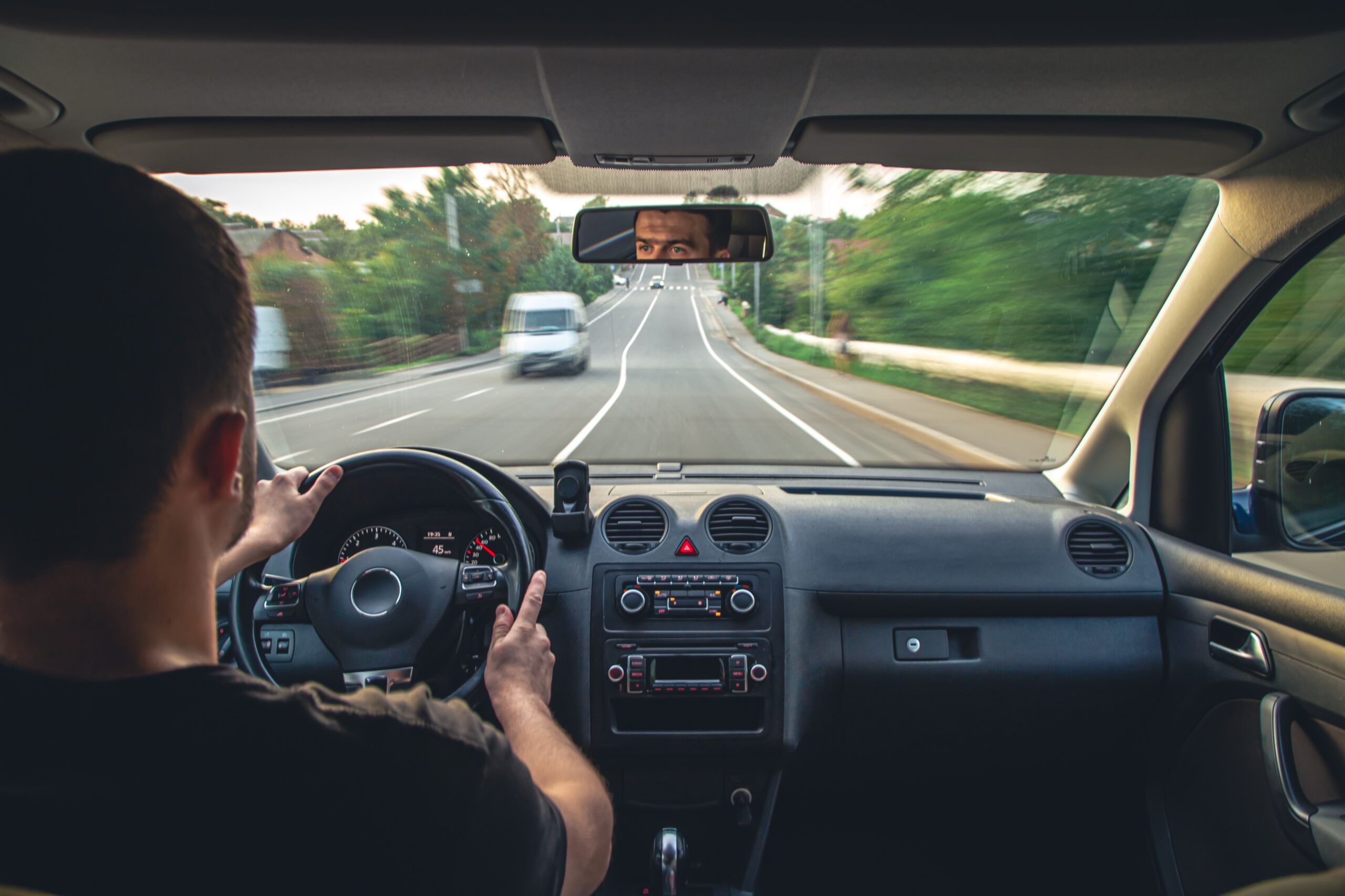Medical Malpractice Cases: The possible care of victims can be neglected, With the impact of…
Navigating Medical Emergencies on the Road – Guest Post

Missouri’s highways are busy 24/7. According to the Federal Highway Administration, there are now 4,921,814 active drivers in the Show Me State. The more drivers there are on the road, the higher the chances of accidents.
While most drivers can make it to their destination safely and on time, there are scenarios where medical emergencies arise on the road.
A well-thought-out emergency plan is essential if you plan on spending time behind the wheel this year. A predetermined plan ensures that you know what to do in the event of extreme weather and are well-equipped to handle acute medical conditions should they arise on the road.
An emergency plan can lower your stress and help make the right choices in a challenging situation, too. This is key, as you need to be thinking straight when an accident occurs.
Preparing Your Vehicle
Benjamin Franklin coined the phrase “An ounce of prevention is worth a pound of cure” in 1736. While he probably didn’t have driving on the I-55 in mind back then, his words still ring true today — particularly if you’re the one behind the wheel.
Before your next big road trip, be sure to pack essential equipment to deal with an accident or a medical emergency. At a minimum, you should have car safety equipment in your trunk like:
- Jumper cables
- A spare tire
- Snow shovel
- De-icer
- A physical map
These essential items are worth their weight in gold if you break down and are stranded on the highway. Additionally, consider packing helpful gear like:
- A battery-powered phone charger
- Warm hats and gloves
- Waterproof clothing
- Properly stocked first-aid kit
An emergency kit can be a genuine life-saver in a medical emergency. Most emergency kits include items like band-aids, sterilizing swabs, scissors, dressing, and bandages. These can make a world of difference if you crash or are involved in a collision.
Especially if you’re a frequent traveler, improve your emergency preparedness storage at home so you always have supplies for the road. Stock up on what you need for both home and road preparedness such as water and medical supplies, including hydrogen peroxide, aspirin, eye drops, and antibiotic ointment.
If you are involved in an accident, follow first-aid best practices at all times. Focus on stemming any bleeding with belts or tourniquet kits and raise the bleeding person’s arm above their head. Use your first-aid supplies to clean the wound properly while you wait for help to arrive. A swift response after a crash is crucial to the long-term health and recovery of you and your passengers.
Preventing a Crash
Getting into an accident while behind the wheel is always scary. Collisions are likely to result in medical emergencies, too, as huge forces are at play when cars come together. Fortunately, following a few simple changes can reduce your risk of getting in an accident on the roads.
First and foremost, you should never drive when under the influence of drugs or alcohol. Similarly, you should not drive if you suspect you are in a heightened emotional state. Driving when under the influence is a serious crime and will undermine your ability to respond to a medical emergency while on the road.
Try to avoid driving when tired, too. Fatigue can lead to distracted driving and will increase your chances of crashing into another road user. Pull over if you start to feel tired and call a trusted friend. Folks would much rather pick you up from a gas station than from the hospital later that day.
If you do get in a crash, call the emergency services immediately. They are trained to deal with any manner of collision and will give you relevant advice over the phone.
You can also take steps after a crash to improve your health and secure your financial well-being. Collect evidence there and then If it is safe to do so, as this will help your insurance claim later. Visit your doctor regularly after the crash, too. Sometimes, symptoms only develop after some time has passed. This can save you money in the long run and help you get the medical attention you need.
Temperature-Induced Emergencies
Extreme highs and lows are becoming more common across the globe. While most modern cars have climate control features, there are times when you will be without your trusty AC. If this occurs, you need to rethink your approach to driving or you will risk a medical emergency developing while on the road.
If you do decide to pull over during a cold snap or heatwave, be aware that weather changes may affect your health. Driving in periods of high heat can make it difficult to breathe and may worsen respiratory issues. Likewise, low temperatures can narrow your arteries and cause your blood pressure to rise.
Take care of chronic conditions before you get behind the wheel and seek refuge if you find the conditions uncomfortable. Pulling over at a gas station and waiting for the temperatures to drop can be wise if you’re at risk of heat or cold-related conditions like heart attacks and stroke.
Conclusion
Medical emergencies on the road can be scary. However, a few proactive, preventive measures can make your emergency plan that much more effective. Get started by stocking up on essential items like warm clothes and portable phone chargers. This will keep you safe while you wait for help to arrive. If you start to feel fatigued or otherwise unwell, pull over as soon as possible and call for help. This reduces your risk of a collision on the road and ensures you get the aid you need.


 5.0 stars Posted by Mary June 30, 2016
5.0 stars Posted by Mary June 30, 2016